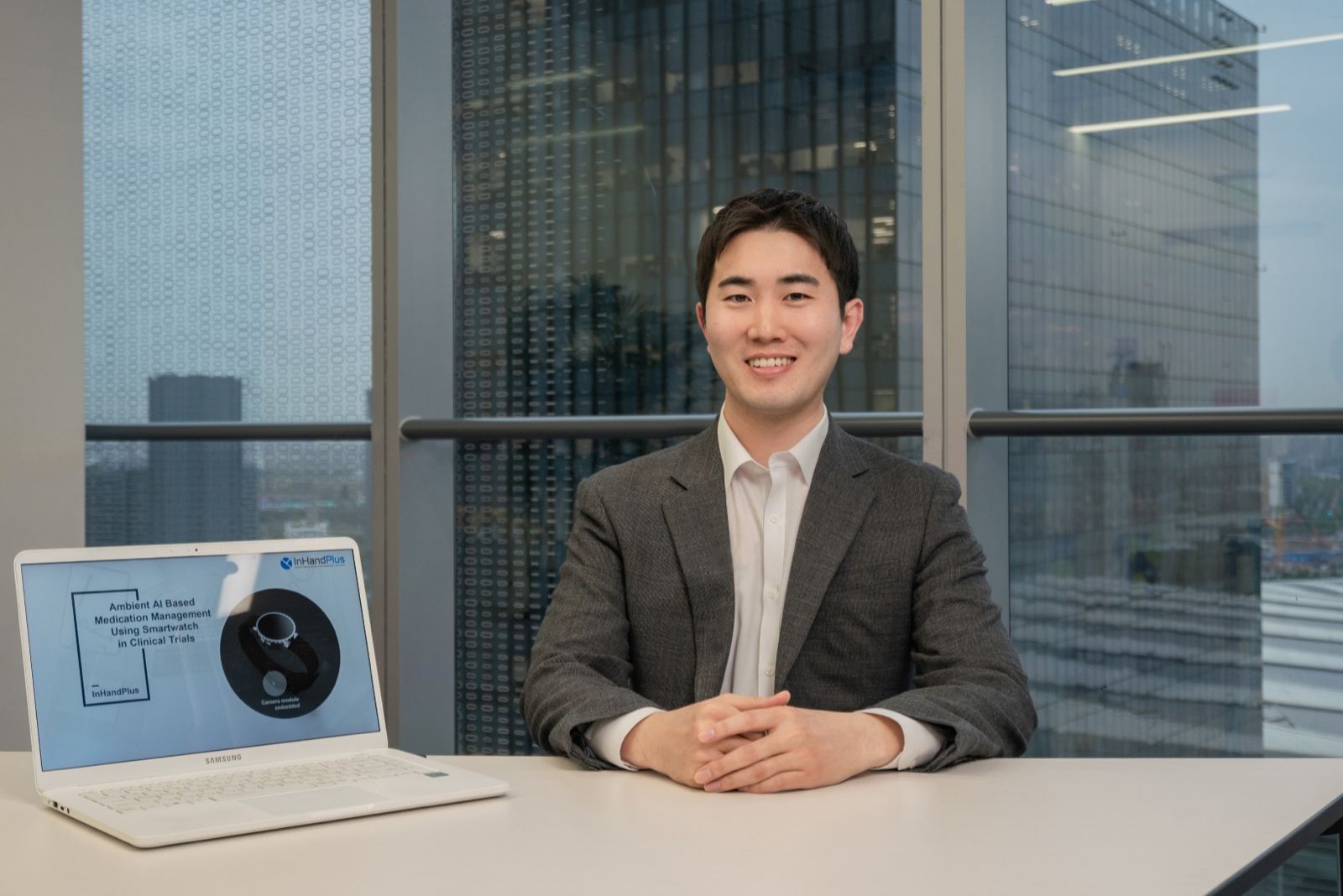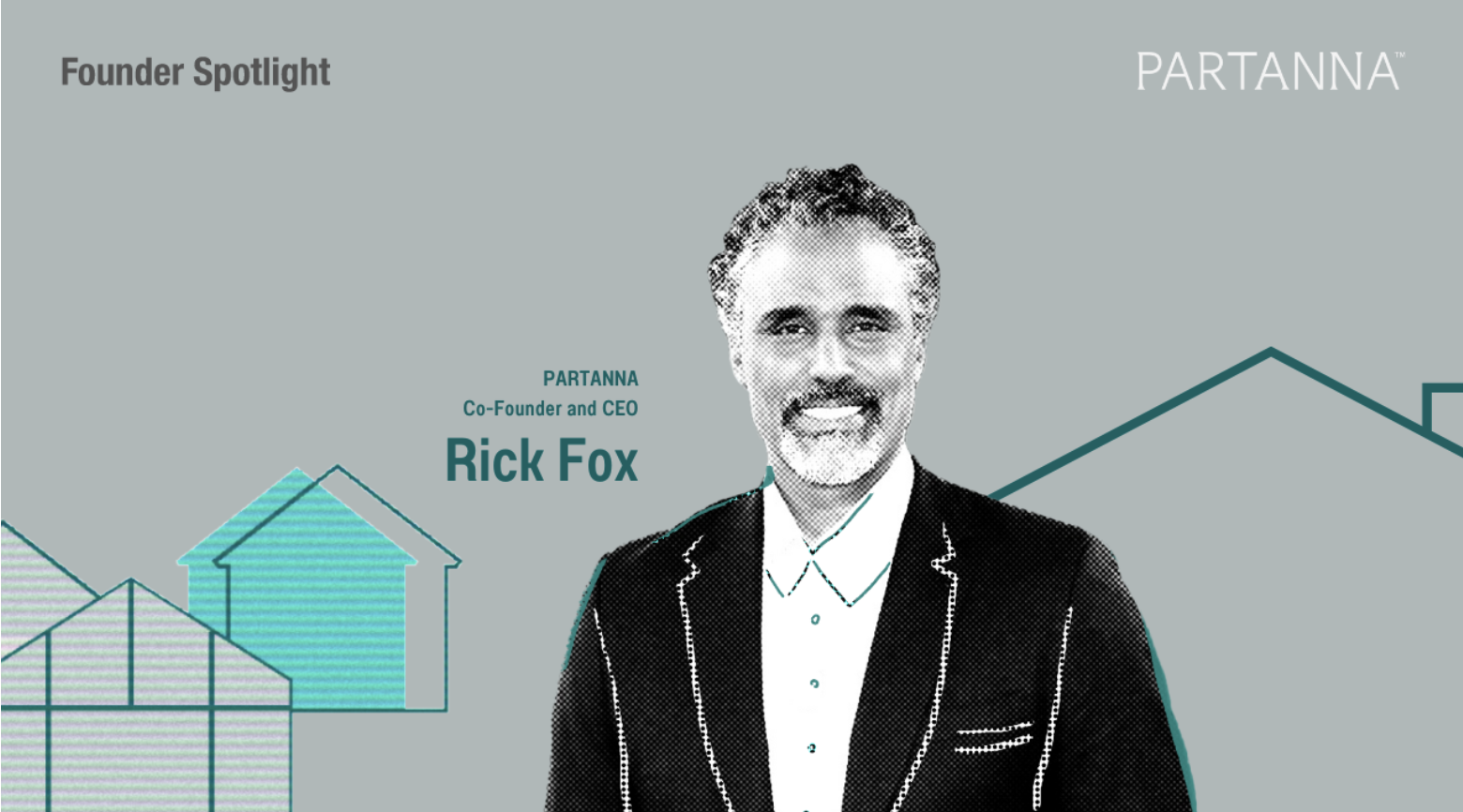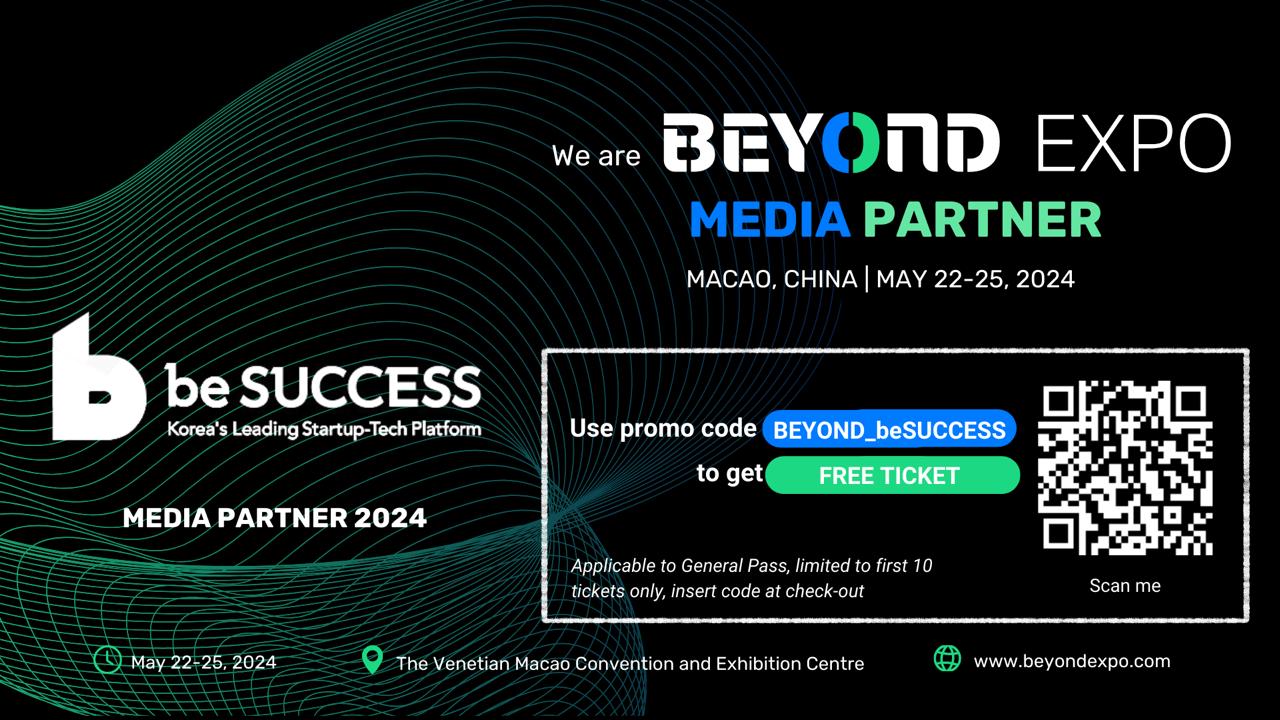AsiaTechDaily – Asia's Leading Tech and Startup Media Platform
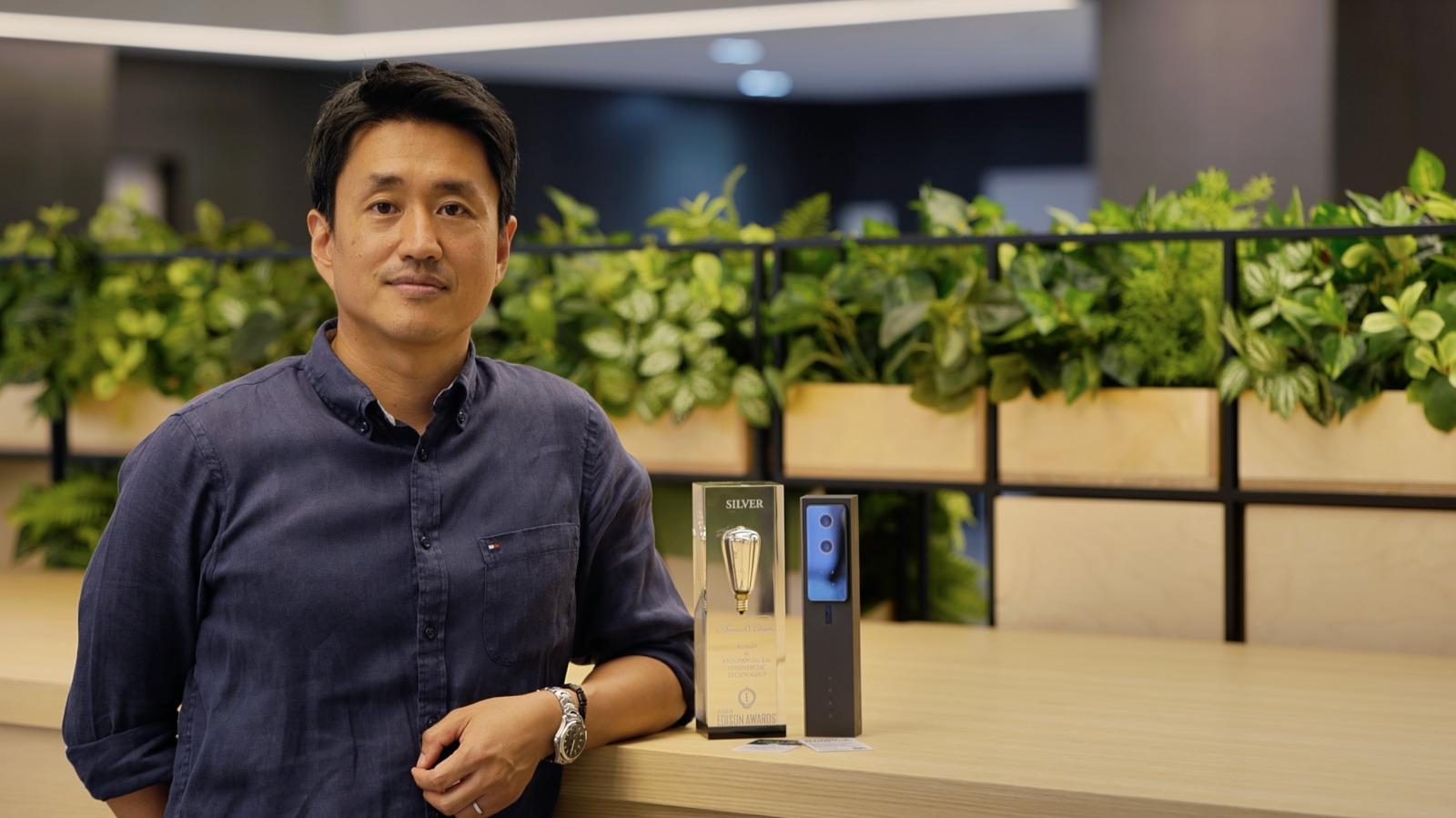
Lee Jun-goo, CEO of ANDOPEN, Sets Sights on Global Biometric Control Market
The once futuristic scene of iris recognition for identification, seen in the 2002 film Minority Report, has become a reality in 2023. Fingerprint and face recognition technologies are now utilized across various platforms such as smartphones and access control systems. However, due to the risk of personal information leakage, biometric solutions have yet to replace ID cards or become commonplace in high-security facilities.
To tackle this issue, ANDOPEN has developed a decentralized face recognition solution that doesn’t require separate server storage of personal information. This innovative service has bagged the 2023 Edison Award in the Safety and Security Solutions category, a highly esteemed invention accolade in the United States. We sat down with the silver prize-winning CEO of ANDOPEN, Lee Jun-goo, to learn more.
Q. Could you introduce yourself and your company?
I’m Lee Jun-goo, CEO of ANDOPEN. We’ve developed and marketed a face recognition solution that earned us a silver prize at the Edison Awards in the United States in April 2023.
Q. Were there any challenges in breaking into the market when you first started?
Initially, we developed a system for access control that authenticated individuals using their employee ID card. But, since it relied solely on a card, there was no way to confirm if the user was the actual card owner, allowing for potential misuse. Despite these limitations, 90% of the market relied on such card-based authentication.
Previous biometric authentication systems required storing personal information on servers or card readers, escalating the risk of information leakage or errors as user numbers grew.
We worked tirelessly to improve our system. ANDOPEN’s solution stores face images on employee ID cards. When a user tags their card at the reader, the saved information transfers to the card reader, which then compares the user’s face with the saved image, verifying identity.
Because it uses facial recognition, unauthorized use of the card is prevented. And since personal information isn’t stored on servers or card readers, there’s no risk of personal information leakage.
It also integrates with various other systems. For instance, concert ticket scalping is a common problem these days, but our RFID-embedded tickets can prevent such practices. We’re currently preparing to sign an exclusive contract with a Japanese company for this service.

ANDOPEN AuténID (Image credit: ANDOPEN)
Q. Given the security issues, the market seems challenging to penetrate. What inspired you to start this business?
The credit goes to our team. While I have extensive experience in electronic parts sales, my experience in biometric authentication is relatively recent. However, I was able to press forward confidently because my vice president and other team members brought over 20 years of software and hardware field experience to the table.
The business commenced because our vice president’s excellence earned him the award for the best product developed at ISC WEST (American Security Exhibition), one of the world’s top three security exhibitions held in Las Vegas, USA in 2017.
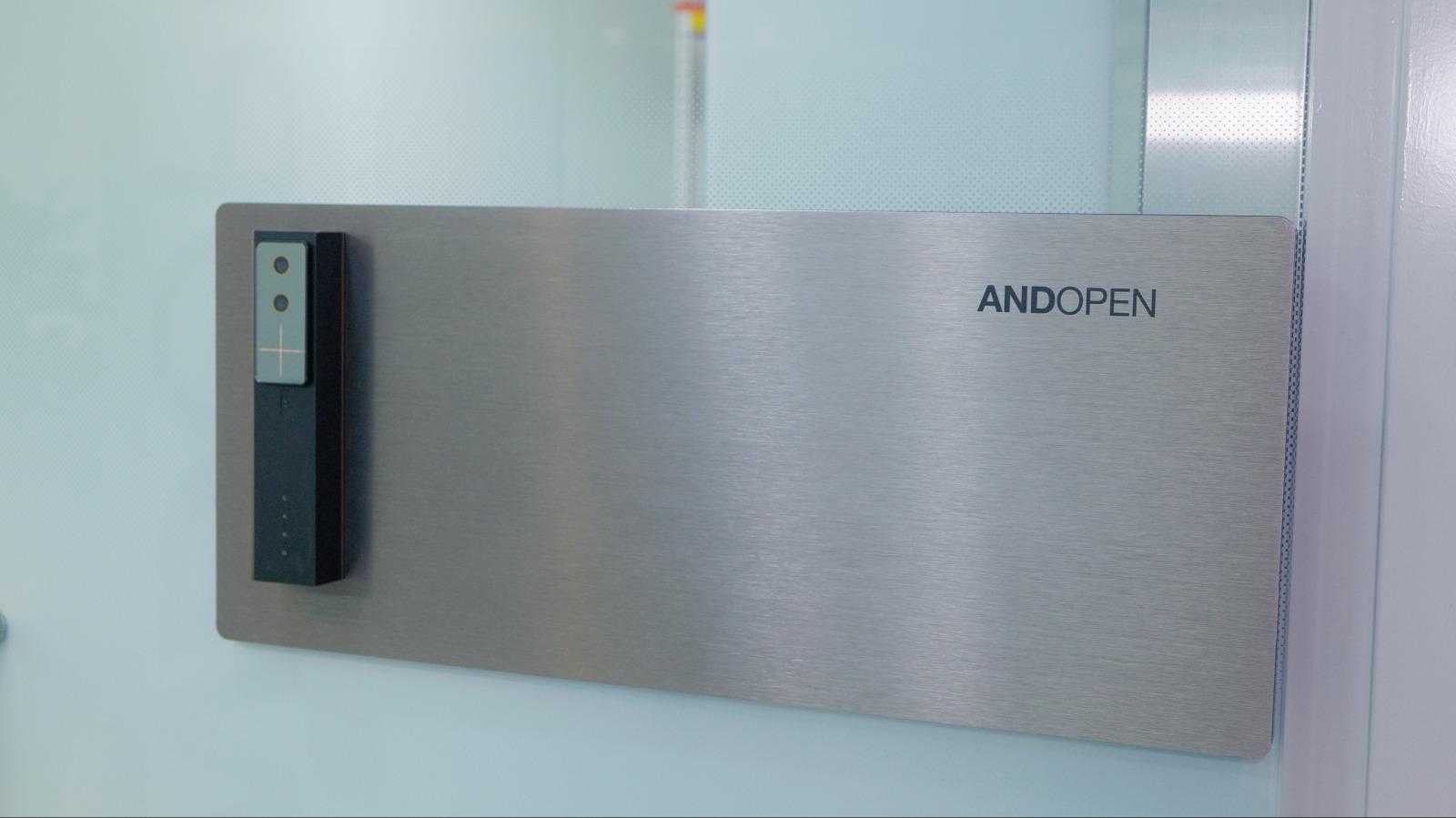
Q. With a robust team and technology, you’re about to sign a contract with a Japanese firm this year. What are your plans for global expansion?
We’re planning to vigorously enter the market this year, leveraging our Edison Award victory in the United States. Regrettably, awareness of the Edison Award isn’t yet widespread in Korea. But when travelling from San Francisco to Florida, then Chicago this year, I was questioned about our products at airport security. Simply mentioning that our product won an Edison Award eliminated the need for further explanation, allowing me to pass through security. We plan to face the challenge head-on by promoting our Edison-Award-winning product.
Additionally, we’ve been contacted by the Japanese branch of Gartner, a global information technology research firm. We’re currently in discussions regarding potential partnerships. We’ve also been approached by card industry and entertainment officials, including concert ticket companies, and plan to penetrate the Japanese market this year.
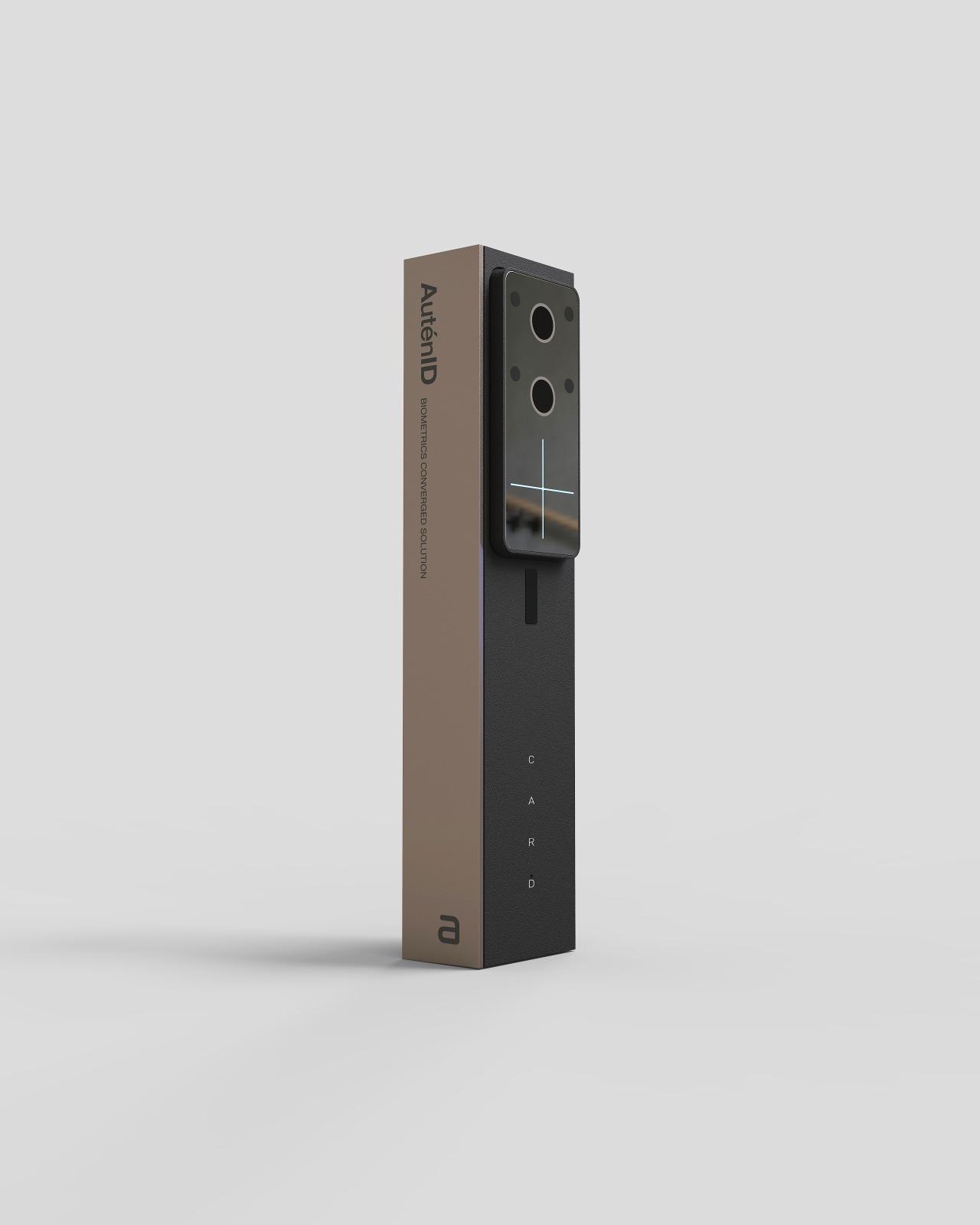
ANDOPEN AuténID (Image credit: ANDOPEN)
Q. The global market shows a keen interest in your product. Is there a specific reason why you started your business in Pangyo?
Primarily, Pangyo carries a certain brand recognition. I chose this district because it symbolizes youth and entrepreneurship, a preference shared by our staff. Once you mention that your office is in Pangyo, no further explanation is needed. Moreover, Seongnam-si offers various business support systems compared to other regions. For instance, ‘Seongnam Hall’ in Fullerton, California, USA, provides Korean companies with opportunities to showcase their products. I believe that in terms of business management, Pangyo stands superior to other regions.
Q. Does Pangyo Techno Valley in Seongnam City offer ample support for start-ups? Are there many programs that assist with overseas expansion?
Various initiatives are underway, and ANDOPEN is preparing to participate. The Korea International Cooperation Agency (KOICA) is launching a program that provides consulting and Proof of Concept (POC) for advancing into developing countries. I believe we’ll gain valuable insights for international business expansion from this program.
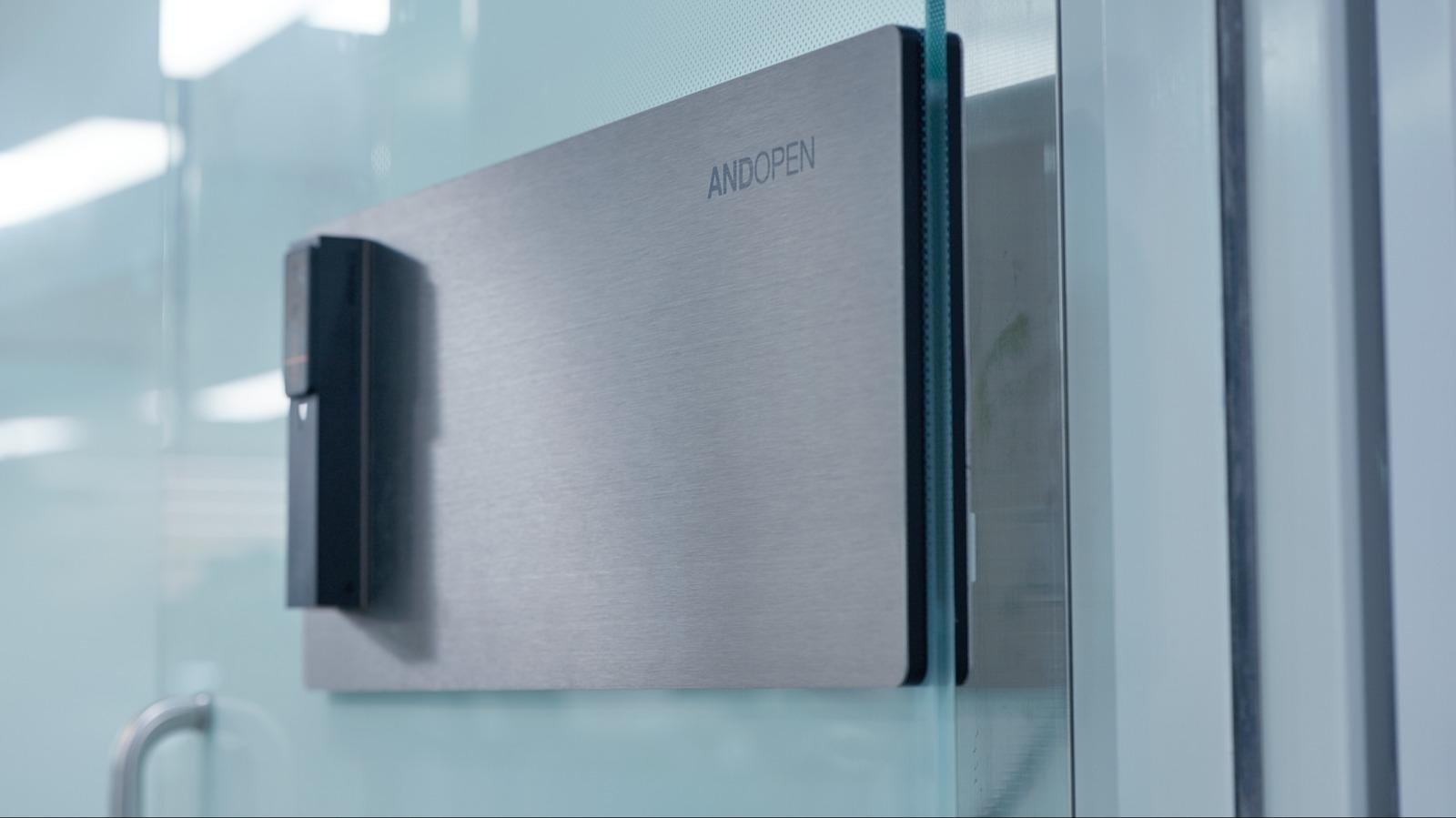
ANDOPEN AuténID (Image credit: ANDOPEN)
Q. ANDOPEN is growing swiftly. Where do you see your company in the next decade?
The usage of smartphones is diversifying. In Korea, a resident registration card or driver’s license can be issued as a mobile ID card, but it can only be used alongside a physical card.
There’s a relevant story. During the pandemic, many seniors unfamiliar with smartphones were denied entry to department stores as they couldn’t display their authentication QR codes on their devices.
ANDOPEN aims to grow in the global market by becoming a solution company that eliminates the need for physical cards and assists the digitally disadvantaged in authenticating themselves more easily using our identification system.
Q. Finally, as an entrepreneur who began a business in Pangyo, what advice would you give to future start-ups?
I’ve spent a significant part of my life dedicated to a single job, and this experience has also benefited me in this venture.
When I was employed, I felt that the famous quote by Chung Ju-young, the founder of Hyundai, “Have you ever tried it?” placed undue pressure on the team members. However, after starting my business, I’ve found new meaning in that phrase. You’ll never know unless you try. Give it a shot, and even if you fail, you’ll gain invaluable lessons. I encourage you to challenge yourself in the business world.


